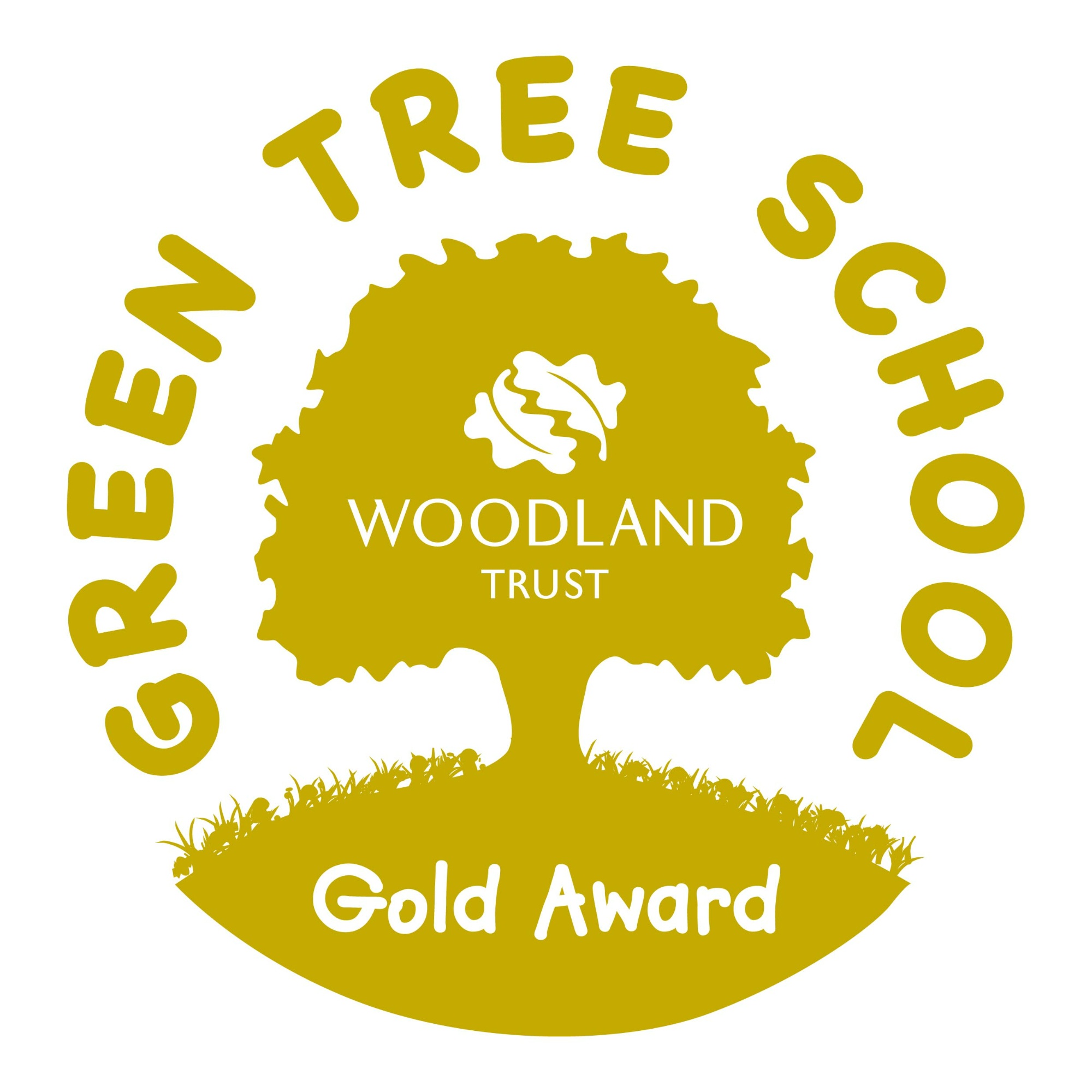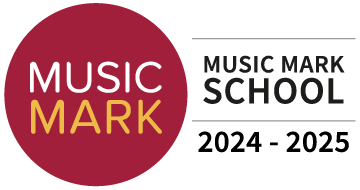Vocabulary
At Monksmoor Park, we understand the need to use a wide range of vocabulary to succeed at school and in life. To progress with reading children need to understand the words they decode. To write well they need a wide and varied use of words. To understand all subjects including maths, science and social studies they need to understand the words that are used. Children with a poor vocabulary at five are four times more likely to struggle with reading in adulthood (Why Closing the Word Gap Matters: Oxford Language Report, 2018).


Word Aware is a structured whole school approach we use to promote the robust, consistent teaching of vocabulary development of all children, from Early Years upwards. Focussed on whole class learning, it supports those for starting at a disadvantage – including children with Developmental Language Disorder, Special Educational Needs and those who speak English as an additional language, whilst extending skills of all students.
We want our pupils to have fun with words, whilst recalling and knowing more. Word Aware enables children need to be enthralled by words, not overwhelmed!
Word Aware promotes a method called STAR, which stands for Select, Teach, Activate and Review.
How Word Aware will help your child
All pupils learn to understand the relationship between words, how to understand nuances in meaning, and how to develop their understanding of, and ability to use, figurative language. Word Aware builds on the knowledge of the components of a word.
Children learn about words using these symbols, easily recognised.
 |
 |
 |
Anchor Words |
Goldilocks Words |
Step On Words |
| Words used every day | Not too easy or too hard | Specific domains |
| Candle, sun, night, day | Just right -darker, darkest | e.g. epidermis |
What you can do to support
the Word Aware approach
Find it, value it
Before or even after reading a book with your child identify words they might not understand, explore saying them in varying voices, write them down and ask them to find it in the story, can they then use the clues and their reading skills to work out what it means? They could use a dictionary to find the meaning or look in a thesaurus to find words with similar meanings.
Dictionary Definition
Ask your child to choose a number based on how many pages you have in your dictionary. Then choose a number between 1-20, again depending on the average number of words on the page. Then when you have told them the initial letter read them the definition, can they guess the word you are describing?
Splat it
Give a definition from a selection of target words and your child can say which one you are describing by either hitting it with a fly swat or by throwing beanbags or a pair of bunched up socks.
Treasure Hunt
On the way to and from school, look for things you could describe by a particular word like shrivelled or spiky. Categories such as living things, things with circles, things with engines.
Touch, taste and smell
Take every opportunity to describe sensory experiences. Ask them to describe it to you, try to encourage them to use more detailed words than soft, nice or bad, such as melting, rough or sour.
Word of the day or week
As a family see how many times you can use your target word in a meaningful way during the week. The only rules are the sentence must make sense and fit into your conversation.
Remember to try and use these new words in your conversations to embed them into your child’s vocabulary and try some of these ideas and become splendiferous word detectives together!





